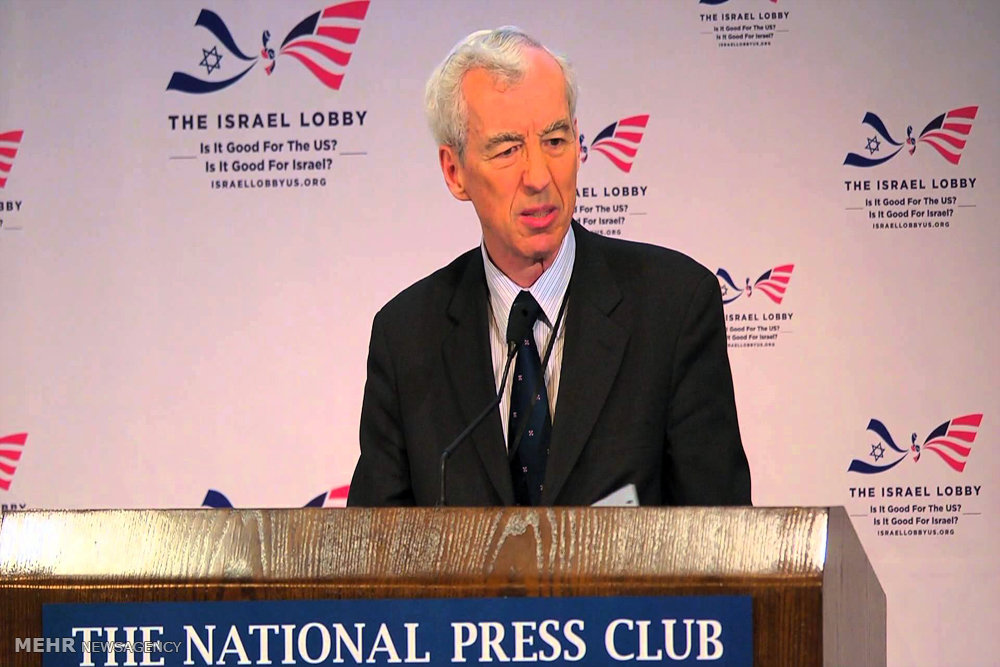King Salman may abdicate throne in favor of son: ex-CIA analyst

TEHRAN – Professor Paul Pillar, who was CIA intelligence analyst for 28 years, says it is possible that King Salman abdicate the throne in favor of his 31-year old son Mohammed bin Salman (MbS).
“Now that MbS is crown prince, it is even possible that Salman, who is not in the best of health, will abdicate,” Pillar says in an interview with the Tehran Times.
Following is the text of the interview:
Q: Why did King Salman appoint his 31-year-old son Mohammed bin Salman (MbS) as the first-in-line to the throne?
A: King Salman has simply been more aggressive than previous Saudi kings--several of whom had been king longer than Salman has--in pushing to make his favorite son the first member of the next generation of Saudi princes to occupy the throne. Salman already had made earlier moves to put MbS in position to succeed him. These moves had included removing Muqrin--a member of Salman's own generation--as crown prince and making MbS the second crown prince. In short, Salman wants his own son, not someone else's son, to succeed him as king. Now that MbS is crown prince, it is even possible that Salman, who is not in the best of health, will abdicate.
Q: What might be the reaction of Mohammed bin Naif’s supporters to this move?
A: It is not only supporters of MbN, but surely also many other members of the royal family, who are questioning why out of the long succession of Saudi kings who were the sons of the kingdom's founder, it is Salman who gets to install his son as the first king from the next generation. So far the regime has made a show of unity, and the royal family does share a strong interest in maintaining its collective power and privilege. Future reactions and responses from within the royal family will depend on how well or how poorly MbS does in running the affairs of state.
bS already appeared to have been controlling Saudi policy more than his aged father.
Q: What is the feeling in the White House toward this reshuffle?
A: Some in the Trump administration, including the president himself, seem to have taken a liking to MbS, partly because he expresses some policy preferences that accord with their own. But MbN had much respect within the U.S. government as a capable and experienced partner on security matters, especially counterterrorism. The U.S. position will remain one of neutrality when it comes to leadership succession within Saudi Arabia. MbS reportedly has a close relationship with Mohammed bin Zayed, crown prince of Abu Dhabi and probably the most important decision-maker in the UAE, and in that sense Salman's move could be said to have UAE support. But there probably are also differing views within governing circles in the Emirates.
Q: Did the reshuffle have anything to with Donald Trump's trip to Riyadh in May?
A: The unqualified support that Trump expressed for Saudi leadership during his visit may have made Salman somewhat more comfortable in doing something as audacious as this reshuffle. But he was going to do it at some point anyway.
Q: Can the promotion of MbS affect Saudi foreign policy?
A: Because MbS already appeared to have been controlling Saudi policy more than his aged father was, this reshuffle will not necessarily make any immediate difference in Saudi foreign policy. One can expect that the harder line aspects of current Saudi policy, such as toward Yemen and toward Qatar, will continue and that other aspects of Saudi regional policy will be similarly hard line.
JH/PA
Leave a Comment